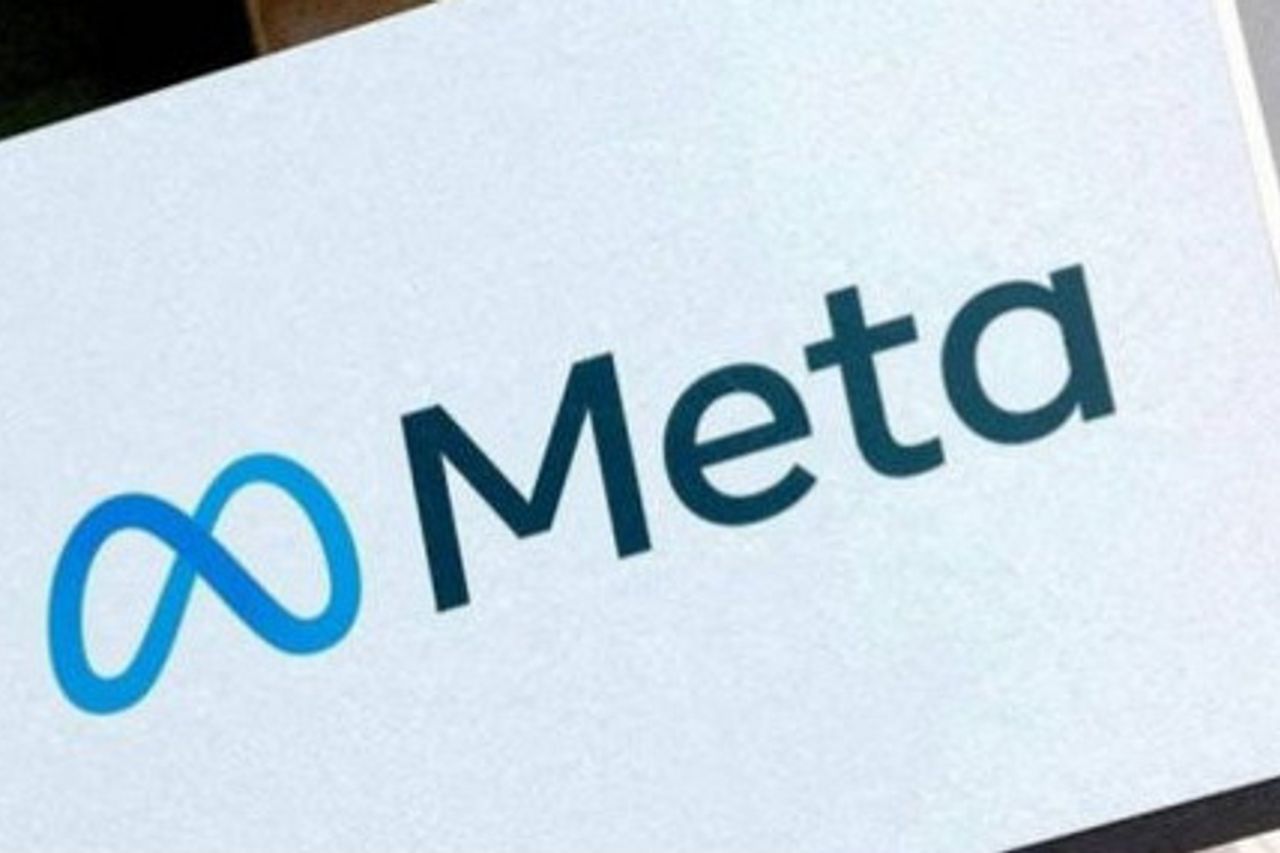Meta Launches Model AI That Can Evaluate Other AI Work

JAKARTA Meta, Facebook's parent company, announced the release of a number of the latest artificial intelligence (AI) models from its research division on Friday, October 18, including a model called "Self-Taught Evaluator." The model offers the potential to reduce human involvement in the AI development process.
This announcement follows the introduction of the tool in a paper published by Meta in August, which explains how this model uses the "chain of thought" technique, similar to the one used in the recent OpenAI model, to make a more reliable assessment of the results of other AI models. This technique decomposes complex problems into smaller logical steps, enhancing the accuracy of answers in areas such as science, programming, and mathematics.
Interestingly, this evaluator model is fully trained using data generated by AI, without human involvement during the training process.
The two Meta researchers behind the project say that the AI's ability to reliably evaluate other AI works opens up opportunities to create autonomous AI agents that can learn from their own mistakes. These kinds of agents are seen by many in the AI industry as intelligent digital assistants, capable of completing various tasks without human intervention.
SEE ALSO:
"Hopefully, along with AI's increasingly'super-human' development, AI will be better at examining its own work, even better than the human average," said Jason Weston, a Meta researcher.
AI models that can improve themselves can also replace expensive and inefficient processes such as Reinforcement Learning from Human Feedback, which currently requires input from human denominators who have special expertise.
Apart from Meta, other companies such as Google and Anthropic have also published research related to the concept of RLAIF (Reinforcement Learning from AI Feedback), but Meta is more open by releasing its models for public use.
In addition to the "Self-Taught Evaluator," Meta also released several other AI tools on Friday, including updates to image identification models of "Segment Anything," a tool that speeds up large language model (LLM) response times, as well as datasets that can assist in the discovery of new inorganic materials.


